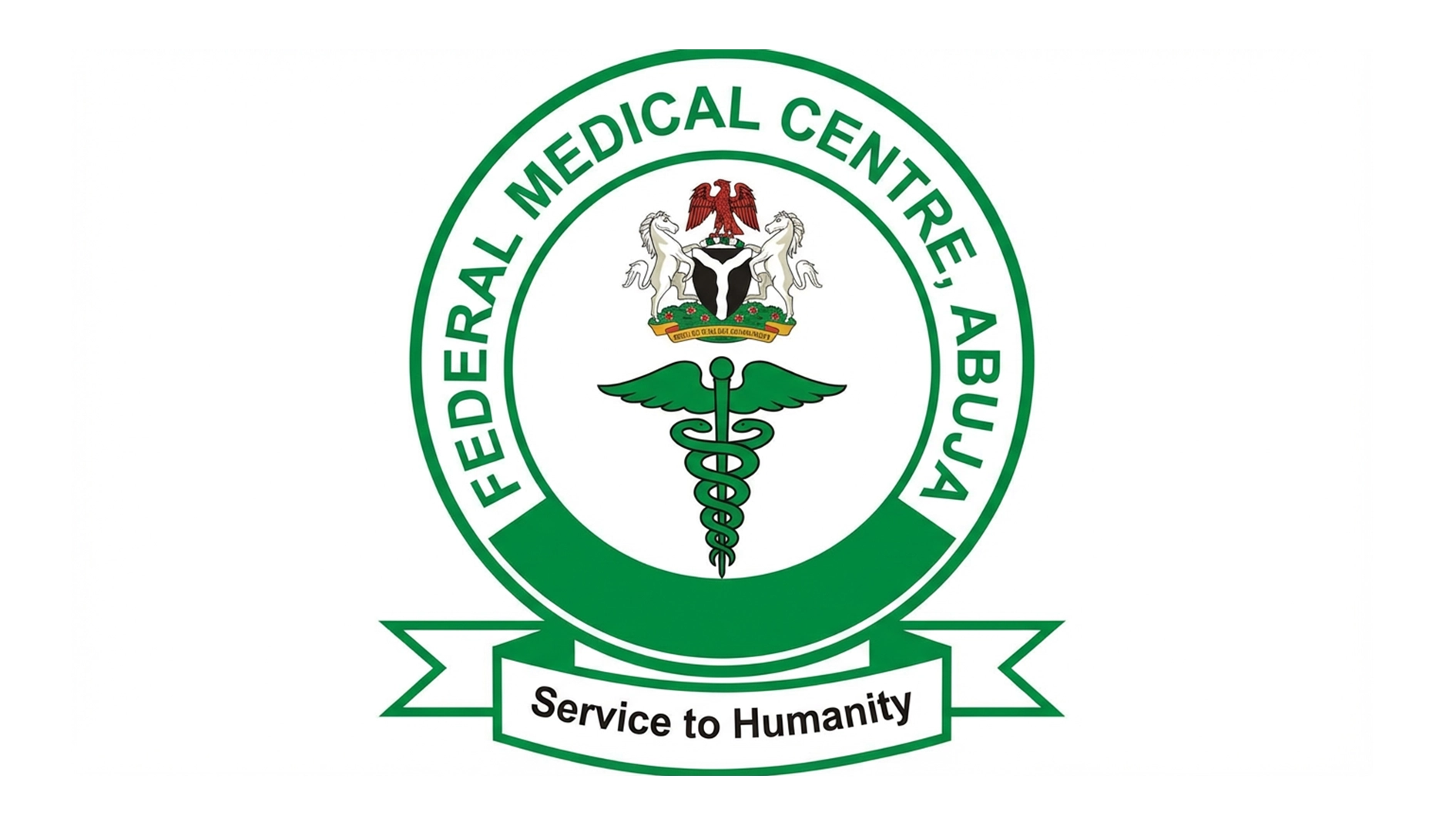The World Health Organisation (WHO), International Telecommunication Union (ITU) and World Intellectual Property Organisation (WIPO) have jointly released a new technical brief mapping the application of artificial intelligence (AI) in traditional medicine.
Launched under the Global Initiative on AI for Health, the document offers a roadmap for harnessing AI’s potential responsibly while safeguarding cultural heritage and data sovereignty.
The brief highlights how AI is already advancing personalised care, drug discovery, and biodiversity conservation. Examples include AI-powered diagnostics in Ayurgenomics, machine learning models identifying medicinal plants in Ghana and South Africa, and AI analysis of traditional medicine compounds to treat blood disorders in the Republic of Korea.
WHO Assistant Director-General for Health Systems, Dr Yukiko Nakatani, cautioned that AI “must not become a new frontier for exploitation.” She stressed the need for indigenous peoples and local communities to be protected and recognised as active partners in shaping AI’s future role in traditional medicine.
WHO has said that AI could accelerate the growth and impact of traditional, complementary and integrative medicine (TCIM), enabling more personalised, effective, and accessible holistic health care.
The UN health body stressed the need for frameworks tailored to TCIM in areas such as regulation, capacity building, knowledge sharing, data governance, and equity promotion to ensure the safe, ethical, and evidence-based integration of frontier technologies like AI into traditional medicine systems.
Similarly, ITU Telecommunication Standardisation Bureau Director, Seizo Onoe, said the partnership between ITU, WHO and WIPO brings together essential expertise to ensure AI solutions are safe, effective, and ethical. He emphasised the importance of inclusive, high-quality data and participatory design to ensure AI systems reflect the diversity of traditional medicine practices.
WIPO Assistant Director-General, Edward Kwakwa, noted that intellectual property will play a vital role in integrating AI into traditional medicine.
He said WIPO’s recently adopted treaty on intellectual property, genetic resources, and traditional knowledge provides tools to help stakeholders manage IP while protecting the rights of indigenous peoples and local communities.
The technical brief calls for urgent action to uphold Indigenous Data Sovereignty (IDSov) and ensure AI development respects free, prior, and informed consent (FPIC). It cites community-led governance models in Canada, New Zealand, and Australia as examples for countries to emulate.
The brief also points to AI’s role in strengthening TCIM’s evidence base, citing initiatives like India’s Traditional Knowledge Digital Library and the Virtual Health Library in the Americas, which use AI to preserve indigenous knowledge, foster collaboration, and prevent biopiracy, the unauthorised use of biological resources or traditional knowledge without compensation.
The new technical brief called on all stakeholders to invest in inclusive AI ecosystems that respect cultural diversity and IDSov; develop national policies and legal frameworks that explicitly address AI in traditional medicine; build capacity and digital literacy among traditional medicine practitioners and communities.
It also stressed the need to establish global standards for data quality, interoperability, and ethical AI use; and safeguard traditional knowledge through AI-powered digital repositories and benefit-sharing models.
Globally, TCIM is practiced in 170 countries and used by billions of people, with demand driven by rising interest in holistic approaches that emphasise prevention, health promotion, and rehabilitation. The global TCIM market is projected to reach nearly $600 billion in 2025.






